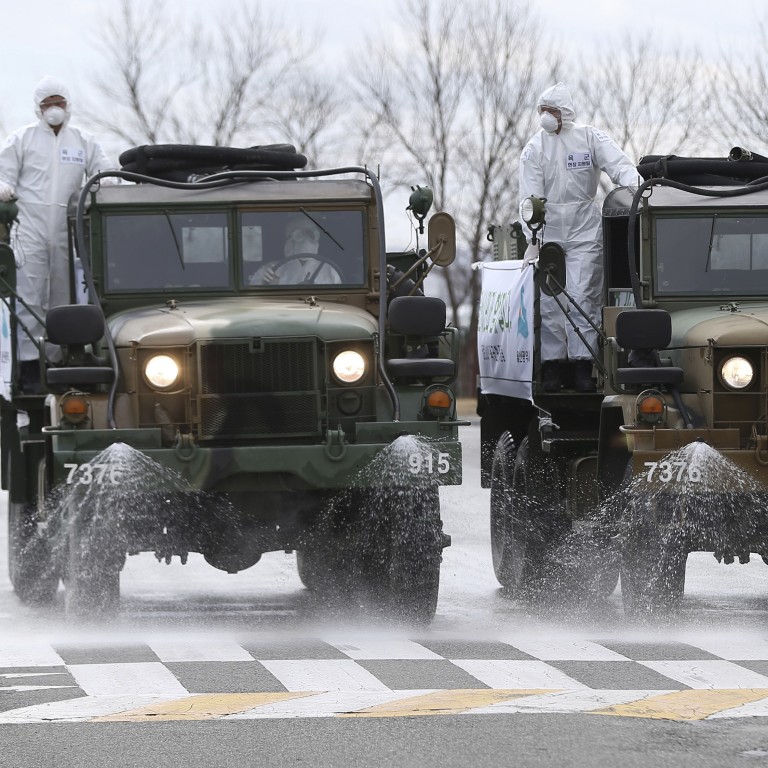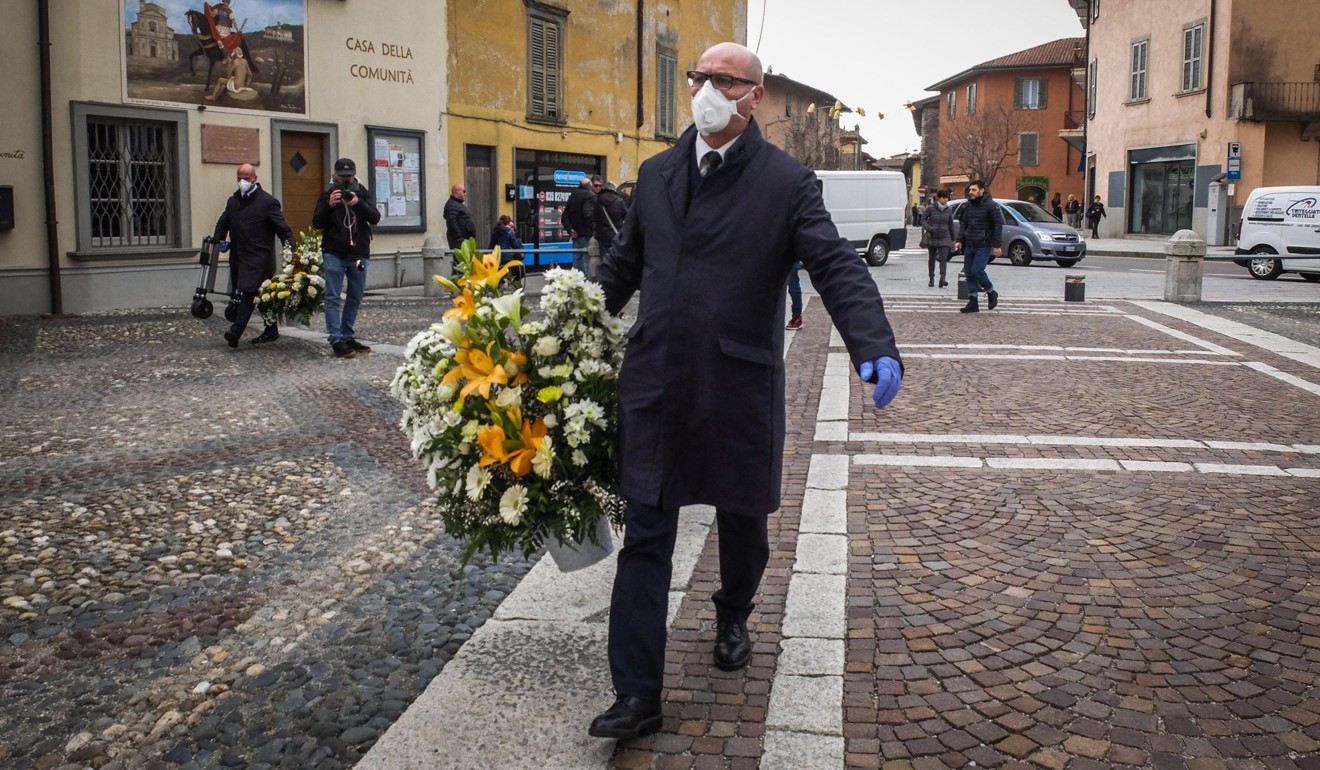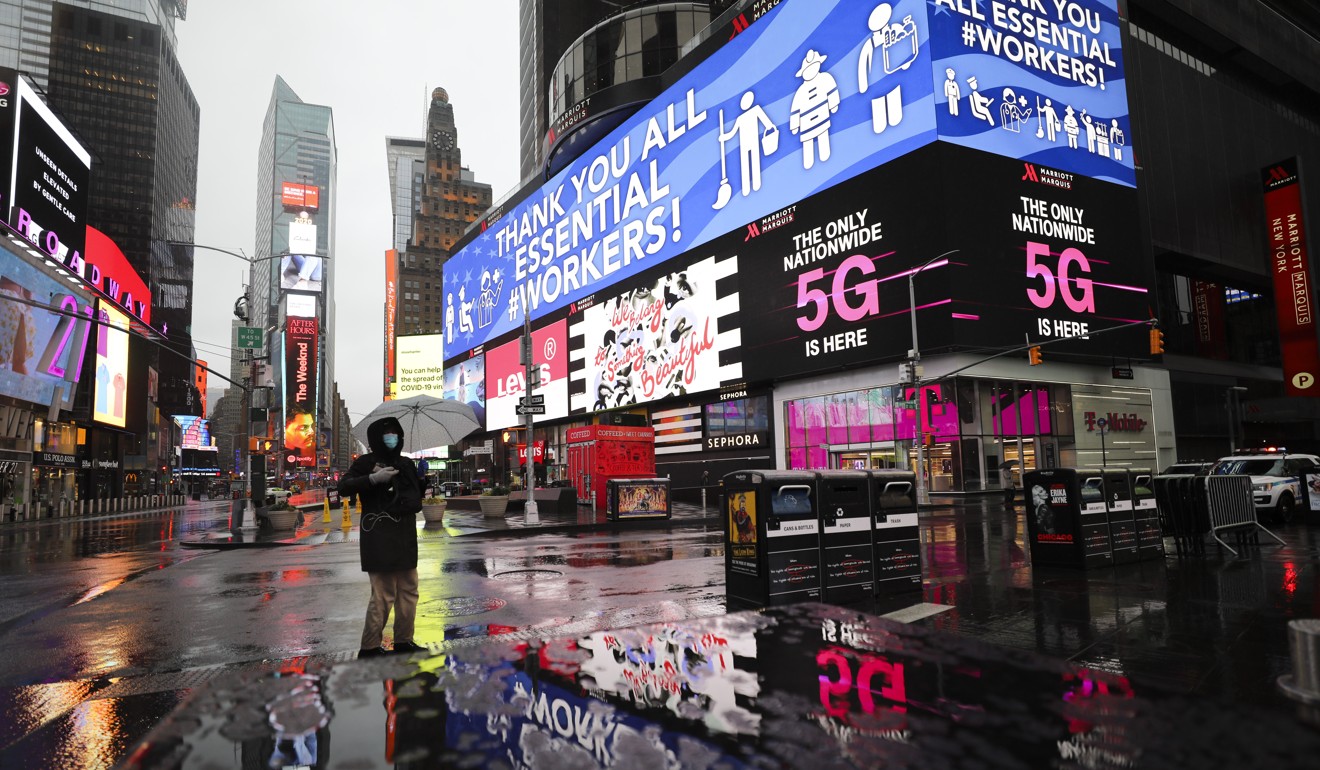
How to win the war against the coronavirus: control emotions, stop the blame game and unite against the common enemy
- We must support medical workers by ensuring they have enough protective gear and by practising social distancing
- Governments must keep a clear head and make hard choices between lives and livelihoods
One of the upsides of the lockdown is that one gets read books one should read, but never had the time for. Former deputy chairman of India’s Planning Commission Dr Montek Singh Ahluwalia’s new book Backstage: The Story behind India’s High Growth Years, is an illuminating inside picture of how leaders emerge at a time of crisis.
His brilliant quote of Italian political philosopher Machiavelli is spot on for this age of pandemics: “At the beginning, a disease is easy to cure but difficult to diagnose, but as time passes, not having been treated or recognised at the outset, it becomes easy to diagnose but difficult to cure.
“The same thing occurs in affairs of state. By recognising from afar the diseases that are spreading in the state ... they can be cured quickly. But when they are not recognised and left to grow to the extent that everyone recognises them, there is no longer any cure.”
Prescient words indeed.
The battle against Covid-19 is a war, as damaging as physical war. It is first and foremost an emotional war, not just a financial, economic, social or geopolitical war.
What’s up with the toilet paper? The psychology behind the hoarding
When a person makes a mistake that impacts the whole family, any parent would know the most important thing to do is not to blame, but take action. A crisis is an event that calls for immediate action to prevent more damage. Blame can come later.
In drawing a parallel between fighting conventional warfare and war on pandemics, US General George Casey quotes 5BC Chinese strategist Sun Tzu that a leader must have “clear mind and pure hearts”. But few of us have clear minds and pure hearts, because it is so easy to blame someone else as evil.
No one is truly objective, since we are all emotionally involved. Every day, our lives and those of our family, friends and community are at stake.

How do we stop the Covid-19 onslaught? Learn, adapt and act fast, or blame, dither and die. Time is not on our side. In this war, we have to learn to work with people we do not like to survive.
Aggressive tracing, lessons from Sars: a look at Singapore’s coronavirus fight
Second, their effectiveness is not about authoritarianism, but ability to test, trace and contain. All these economies have very good technology with bureaucracies that know how to apply them.
Third, the communities come together as one (however imperfectly), rather than displaying individualism at the expense of many.
What are the priorities in this war?
Philippine health workers fear virus exposure without proper equipment
Third, the toughest choice is between life versus livelihood. Nobel laureate Paul Romer and Harvard Provost Alan Garber puts the stark choice as: “If we keep up our current strategy of suppression based on indiscriminate social distance for 12 to 18 months, most of us will still be alive. It is our economy that will be dead.”

General Casey’s advice is well worth taking: “To succeed in our [volatile, uncertain, complex and ambiguous] world, leaders have to control what they can, influence what they don’t control, and prepare for what they can’t control.”
The march to recovery and reform is a long one. Tough decisions have to be made and inevitably there will be mistakes. But we will survive if we learn, adapt and come together as a community, not as narcissistic individuals. The leader who does not understand this will not survive.
Andrew Sheng writes on global issues from an Asian perspective. The views expressed are entirely his own

